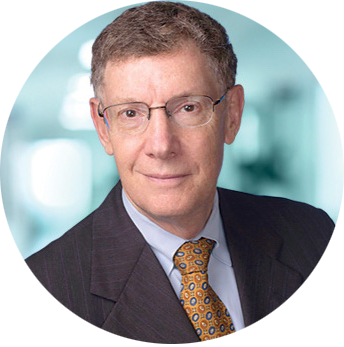As much as we enjoy the family time together during Thanksgiving and the holiday season watching our weight remains important. The average non-obese healthy American gains about five pounds during this otherwise joyous time according to a New England Journal of Medicine article. Obesity is defined as being 20% over your ideal body weight for your height.
According to a report sponsored by healthcare’s Robert Wood Johnson Foundation, entitled “F as in Fat: How Obesity Threatens America’s Future,” and follow up studies from the Centers for Disease Control and Prevention show we are getting fatter. These reports share other very disturbing findings, indicating that the time-honored advice, “eat less and exercise more” has not been successfully followed:
- The US obesity prevalence was 41.9% in 2017 – March 2020. (NHANES, 2021)
- From 1999 –2000 through 2017 –March 2020, US obesity prevalence increased from 30.5% to 41.9%. During the same time, the prevalence of severe obesity increased from 4.7% to 9.2%. (NHANES, 2021)
- Obesity-related conditions include heart disease, stroke, type 2 diabetes and certain types of cancer. These are among the leading causes of preventable, premature death.
- The estimated annual medical cost of obesity in the United States was nearly $173 billion in 2019 dollars. Medical costs for adults who had obesity were $1,861 higher than medical costs for people with healthy weight.
The result of objective weight gain is the suffering caused by chronic illnesses such as diabetes and hypertension. The prediction is that obesity will be the most common cause of cancer. Colon cancer, breast cancer, and a few other types of cancer have been associated with diet particularly excess fat intake.
Lifestyle behaviors determine our weight. The consumption of sugar-sweetened beverages, sweets, and processed foods cause the most weight gain. Potato chips are singularly the largest contributor to weight gain, with potatoes, unprocessed red meats, and processed red meats following in that order.
On the other hand, consuming vegetables, whole grains, fruits, nuts, and yogurt helps control weight and are clearly associated with weight loss. While vegetables are more effective than yogurt in weight loss, both are infinitely better than weight gainers such as potato chips. The old advertising slogan, “Bet you can’t eat one,” is an understatement; chips are the most noxious snack we consume.
Physical activity helps but is rather ineffective unless you also watch your diet—particularly as you get older. Alcohol users, smokers who quit, people who sleep less than six hours or more than eight, and those who spend many hours watching TV, all gain weight. This, incidentally, is another good reason never to start smoking. TV watchers experienced an average weight increase of a third of a pound for each hour of television watched per day. There can be no doubt that it is more difficult to lose weight than it is to avoid gaining it in the first place.
Fortunately, we are now fighting back against the battle of the bulge. Twenty states have school meal standards that are more stringent that those suggested by the Department of Agriculture. Twenty-nine states including Florida do not allow unhealthy foods to be sold on school campuses. Physical education is making a comeback as we understand the risks of a sedentary lifestyle. States that are working on creating roads which encourage walking and biking, as well as public transportation help fight the battle of the bulge.
At the Federal level, the Patient Protection and Affordability Act funds a prevention effort aimed at improved nutrition and increased physical activity. The Healthy, Hunger-Free Kids Act also helps in these efforts as we aspire to feed everyone appropriately.
We have been the fattest nation in the history of civilization. Fortunately, we recognize the problem and have started on controls. By finally addressing our health needs we can make a difference. So instead of saying to a friend, “I’ll meet you for lunch,” say “Let’s take a walk or hit the gym or pool.” We live in a world that has the resources; let’s use them to maximum advantage.






